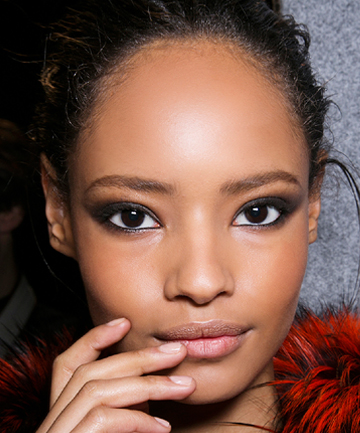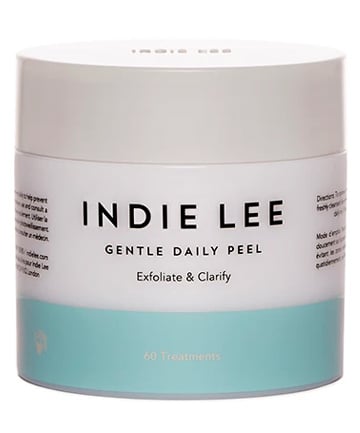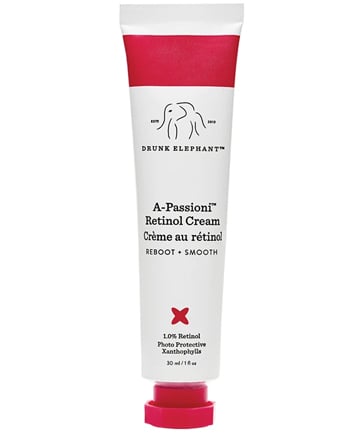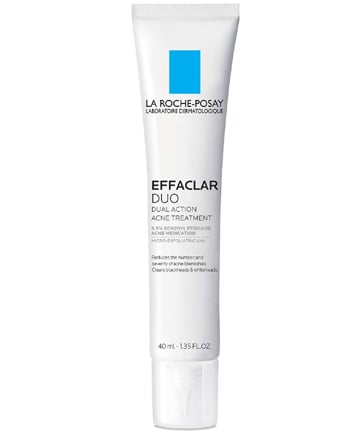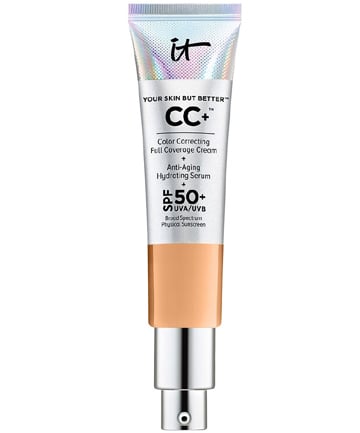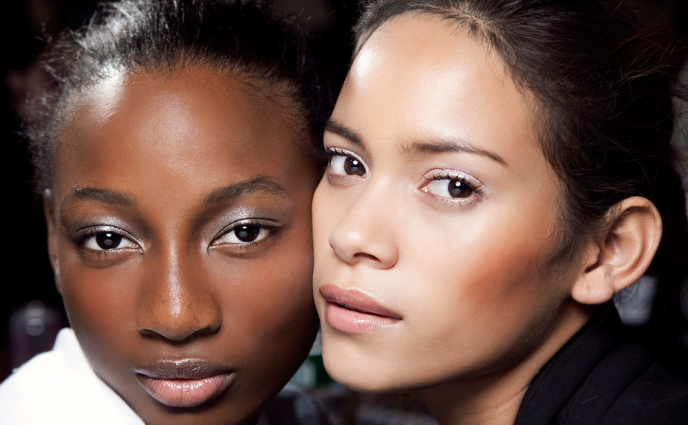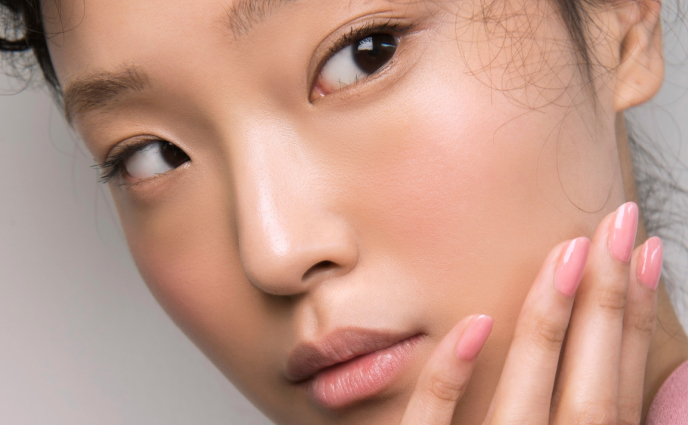If you're new to skin care, all the ingredient talk can get overwhelming. Let's review: Retinol is good for discoloration and elasticity, AHAs will leave your complexion glowing, and BHAs will keep your pores clear. Then there's also superstar ingredients like niacinamide, vitamin C, SPF and more to consider...
So yes, all these ingredients are great on their own, but are they okay to mix? Can you put on an AHA mask after you apply your vitamin C serum? Should you use your retinol night cream after using your salicylic acid face wash?
To answer your questions (and assuage your fears), we tapped two board-certified dermatologists to break down all the pairings you'll want to avoid altogether. So, from vitamin C and retinol, to sunscreen and makeup, below are seven skin care ingredients you shouldn't mix, according to dermatologists.
Image via Imaxtree
Retinol and alpha and beta hydroxy acids (aka AHAs and BHAs) are probably the MVPs of your skin care regimen, since they work overtime to keep fine lines and discoloration at bay. But can they be mixed?
"These ingredients on their own can be very beneficial, but using them together is a no-no," says board-certified dermatologist Dr. Peterson Pierre, MD. "You significantly increase your chances of irritation, redness, flaking without providing any additional benefit."
To avoid any adverse reactions, Dr. Pierre advises introducing one product at a time to assess tolerability. Once that is established, you can then use your AHA/BHA product in the morning, and your retinol in the evening.
Although retinol and vitamin C are commonly used ingredients to help improve fine lines, texture, and brown spots, using them at the same time can reduce their efficacy, according to Dr. Pierre. "Retinol and vitamin C are designed to work at different pH levels," he says. "To get the most out of each product, try to use vitamin C in the morning and your retinol in the evening."
Retinol and benzoyl peroxide are both effective treatments for acne, according to Dr. Pierre, as they both work hard to unclog pores from pimple-causing bacteria.
That said, using them at the same time can spell out trouble for your skin, as doing so can cause unwanted irritation, redness, and flaking. "To avoid unwanted reactions, it's better to reserve benzoyl peroxide for the morning (be aware that it can bleach clothing!) and retinol for the evening," explains Dr. Pierre.
While it's perfectly reasonable to layer makeup or moisturizing products on top of sunscreen (which we hope you are using btw!), Dr. Pierre says you'll want to layer your products carefully, as some products can reduce the effectiveness of your SPF protection.
Instead, he suggests finding makeup and moisturizing products (looking at you, tinted moisturizer!) with built-in SPF protection. He explains that this helps to ensure that you are properly protected throughout the day.


